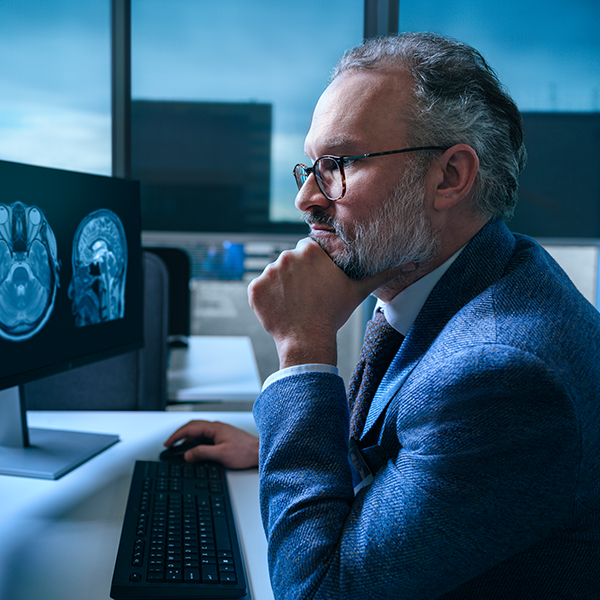-
CAR-T cell therapy co-inventor to keynote Mayo Clinic Symposium on Regenerative Medicine & Surgery 2023
Recognizing the potential of gene-modified T cells to transform medicine, researchers at the University of Pennsylvania have continued to innovate with clinical trials over the past two decades.
In a convergence of science, medicine and entrepreneurship, an industry collaborator brought the first breakthrough gene therapy for cancer to market in the U.S. in 2017 — chimeric antigen receptor therapy (CAR-T cell therapy).
Bruce Levine, Ph.D., a co-inventor of the first Food and Drug Administration-approved CAR-T therapy drug, will be a keynote speaker at the Mayo Clinic Symposium on Regenerative Medicine & Surgery 2023. The symposium will be held April 3–5 at the Westin Kierland Resort and Spa in Scottsdale, Arizona.
"CAR-T cells targeted to advanced B-cell leukemias and lymphomas have induced complete responses — killed cancer cells — in patients who had relapsed and did not respond to any other treatment. A subset of patients do not respond to CAR-T cell therapy, which is what spurs us on to continue to innovate to improve patient access," says Dr. Levine.
Dr. Levine is among the world-class experts who will share insights into what's next in CAR-T cell therapy and the emerging field of regenerative biotherapeutics.
"New designs for genetically modified T cells include switches and potency enhancements that will be required for targeting solid tumors," says Dr. Levine. "In one such approach, a decoy receptor is inserted into CAR-T cells to thwart a tumor immunosuppressive mechanism. Another improvement shortens manufacturing, along with the addition of an anti-tumor cytokine that is an immune system stimulator to increase potency."
The first approved CAR-T cell therapy drug in the U.S. is one of 30 issued U.S. patents that Dr. Levine holds. He has overseen the production, testing and release of 3,100 cellular products administered to 1,300 patients in clinical trials since 1996.
Among his long list of credentials, Dr. Levine is the immediate past president of the International Society for Cell & Gene Therapy and founding director of the Clinical Cell and Vaccine Production Facility in the Department of Pathology and Laboratory Medicine and the Abramson Cancer Center, Perelman School of Medicine, University of Pennsylvania.
Mayo Clinic's Center for Regenerative Biotherapeutics is sponsoring the symposium as part of its objective of training the future workforce to deliver new regenerative therapies to the practice.
"Regenerative biotherapeutics is an emerging field that is addressing cellular and gene therapies that have potential to trigger healing," says Richard Hayden, M.D., course director for the Mayo Clinic Symposium on Regenerative Medicine & Surgery 2023. "The speakers and breakout sessions at the symposium are designed to prepare physician-scientists for this future direction in medicine."
The symposium will address topics such as biologics — medicines derived from human sources, such as cells, blood, enzymes, tissues, genes or genetically engineered cells. It also will feature the latest in bioengineered organs, regulatory issues, cell-free therapies, commercialization, tissue engineering and 3D printing. Conference attendees may earn 9.25 continuing medical education credits.
Additional keynote speakers include:
- Shinya Yamanaka, M.D., Ph.D., the Nobel laureate who discovered how to reprogram human cells and who also is director of the Center for iPS Cell Research and Application.
- Peter Marks, M.D., Ph.D., director of the Center for Biologics Evaluation and Research at the Food and Drug Administration.
- Raghu Kalluri, M.D., Ph.D.,professor and chairman of the Department of Cancer Biology and the director of the Metastasis Research Center at MD Anderson Cancer Center.
- Harald Ott, M.D., associate professor of surgery at Harvard Medical School and a thoracic surgeon at Massachusetts General Hospital.
Attendees will have access to keynote presentations, breakout sessions, networking and poster presentations. The symposium is open to specialists and nonspecialists who are interested in regenerative medicine therapies and techniques.
Register now for the Mayo Clinic Symposium on Regenerative Medicine & Surgery 2023.
###










